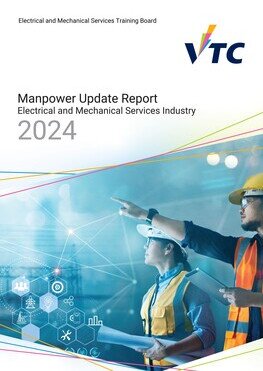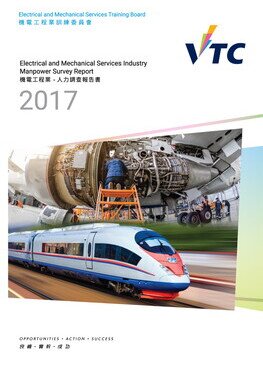You can search for everything.....
Latest Report
Subscribe Now
Thanks for your Subscription
Industry
We use cookies to enhance your experience on this website. For more information, please refer to our Privacy Policy.
Report

Subscribe Now
Thanks for your Subscription
We use cookies to enhance your experience on this website. For more information, please refer to our Privacy Policy.









